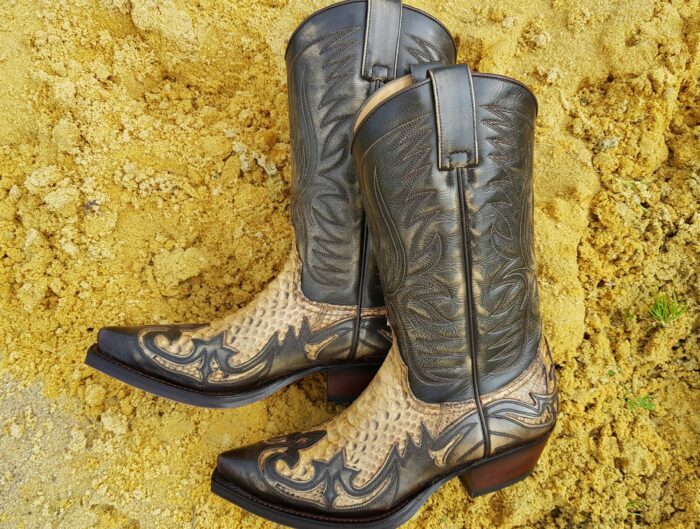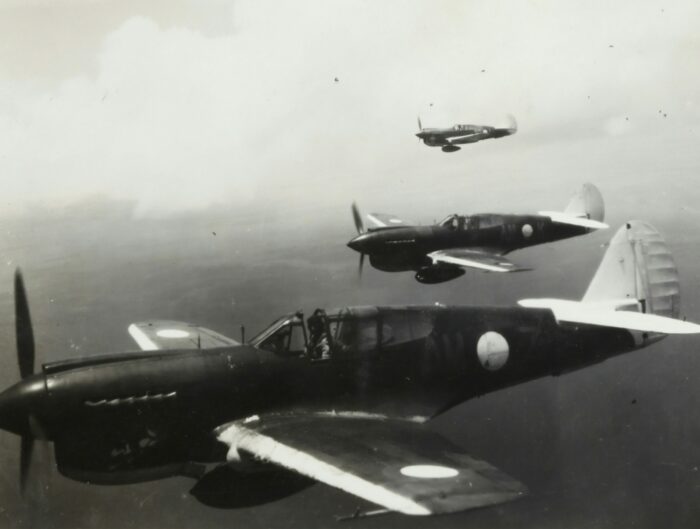Ted is portly, twenty-six, and uncomfortable in an old blue blazer, gold and blue striped tie and gray dress slacks. The blazer is too big, the slacks too tight. He paid for a shoeshine earlier today in the Fulton Street subway station. He got a haircut a few days ago.
He is rubbing two theater tickets together in his right hand. His left hand is in his hip pocket, awash in first date perspiration.
Linda is late. He thinks he sees her hurrying down the sidewalk toward the theater. He is wrong, it is someone else. His blazer feels four sizes larger.
Taxis arrive at the curb. Couples smile and propel themselves from their yellow steel cocoons toward the theater entrance. A handsome silver haired man in a three-piece suit and a beautiful young woman in a red dress, mesh stockings and shiny black stiletto heels bump into Ted. They frown, say nothing and walk quickly past him.
He is certain that he told Linda last week that the tickets are for tonight. American Buffalo, Tuesday night, Circle in the Square (Downtown), 159 Bleecker Street, 8 p.m. All of this information is also on her answering machine. She is a Ph.D. candidate at Columbia. He is an accounting analyst at a sketchy insurance company. Eight years ago they graduated from the same suburban high school. She was the valedictorian. He was then, as now, average. Their mothers are good friends. His mother had badgered him into asking Linda out last month, and her mother had badgered her into accepting.
The lobby lights are blinking. Everyone is inside the theater except Ted (and Linda). He looks at the tickets. He searches up and down the sidewalk one last time. She is no longer late. She is not coming.
Ted studies the faces of the half-dozen people assembled at the curb holding up one or two fingers to indicate how many tickets they would like to buy from anyone with extra tickets. None of them look appealing.
Preferring martyrdom this evening, he slouches into the theater, handing one ticket to the usher. The usher tears it in half at the perforation and gives one half back. Ted shoves one and one-half tickets into his pants pocket. One of his knuckles is bleeding, but he doesn’t notice.
The dark theater is tiny and already too warm. The seats are black, as are the floor, the walls and the ceiling. The aroma of summer New Yorker perspiration, Chanel No. 5 and Brut men’s cologne mix with the sad scent of cigarettes hurriedly half-smoked out front ten minutes ago.
Ted sits in an aisle seat four rows from the stage. He puts his tired blazer in the empty seat beside him. Then he switches seats with the blazer. Better view. But more cramped. He moves back to the aisle seat.
A disembodied voice from a speaker overhead asks patrons to silence the hourly beepers on their digital wristwatches. There is no warning related to the silencing of cell phones because no one in the audience has one. It is 1981, no one outside of Japan or Scandinavia has a cell phone.
The lights come up on the small, raked stage. The set is the interior of a junk shop. Two actors are conversing. After a few minutes, a third actor, Al Pacino, enters. “Fuckin’ Ruthie, fuckin’ Ruthie, fuckin’ Ruthie, fuckin’ Ruthie, fuckin’ Ruthie.”
Ted can feel the one and one-half tickets in his pocket. He mutters to himself, “fuckin’ Linda.”
❦
Thirty-six years, nine months and four days later, Ted will look through one of the boxes that the long-distance movers will leave in the living room of his new one-bedroom condo in Fort Lauderdale. It will be larger than every one of the five different one-bedroom apartments that he will live in during his four decades in New York. There will be a balcony. He will buy a flower box and some flowers to fill it. The plant store clerk will tell Ted that the flowers are called impatiens, but they are also known as touch-me-nots.
He will find the one and one-half tickets inserted like bookmarks in the Playbill. Ted will google Linda on his iPhone. She will still be at Columbia. Research faculty. He will sip some coffee. He will tear the one and one-half tickets into tiny pieces and drop them like snowflakes into the kitchen garbage. ◆


